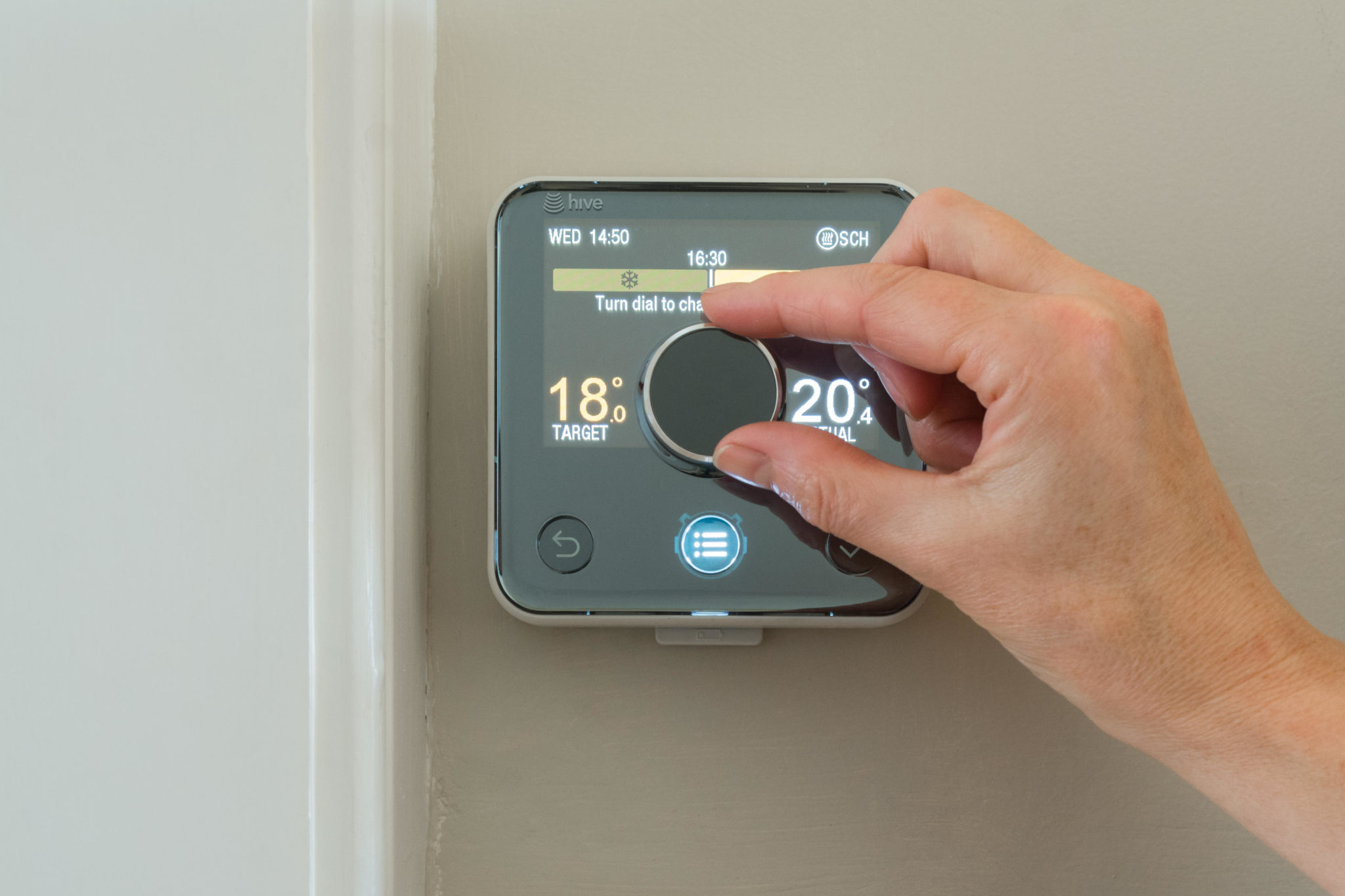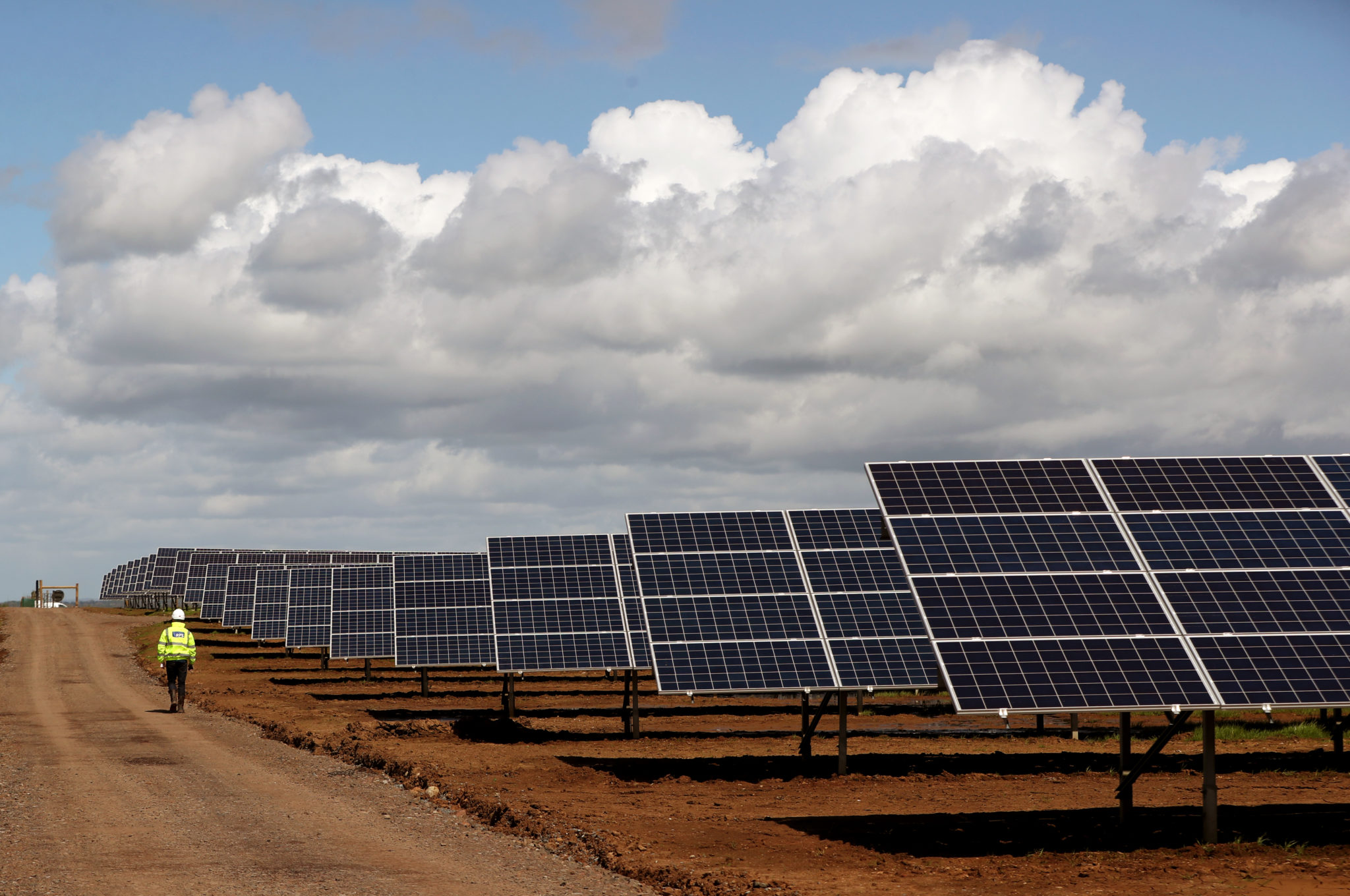Will the reduction in the PSO Levy bring down electricity prices?
The Public Service Obligation (PSO) levy is a charge applied to all electricity bills in Ireland and the funds raised are used to build renewable energy infrastructure and enhance the security of electricity supply.
The charge is calculated by the Commission for Regulation of Utilities.
On Newstalk Breakfast, UCD Professor Lisa Ryan explained what impact this is likely to have on people’s bills.
“The amount that we have to give as a subsidy to renewables has come down by an extraordinary amount, really, since then,” she said.
“So, the amount that we are facing now, I think our monthly charge will be €1.46 - which is a reduction… This translates to €17.50 a year.”
 A man adjusting a radiator. Picture by: Artem Evdokimov / Alamy.
A man adjusting a radiator. Picture by: Artem Evdokimov / Alamy.Previously, the PSO Levy was set at €2.01 per month, meaning the charge has been cut by 27%.
“It’s varied from zero during COVID,” Professor Ryan continued.
“At its peak it was about €100 a year and now it’s down to €17.50.
“So, it’s quite a small reduction but it’s definitely a reduction on our bills.
“So, that is good news.”
 A man installing a gas boiler. Picture by: Alamy.com.
A man installing a gas boiler. Picture by: Alamy.com.Despite this, it does not mean that households are guaranteed to see a reduction in their bills, with a number of energy suppliers announcing price hikes
“We know that a few of our energy suppliers did announce increases in the last few weeks,” Professor Ryan said.
“But not everybody; so, there is a substantial amount of competition happening - which is good news.
“Two of the suppliers reduced their prices; Electric Ireland, for example, reduced their prices.
“The others increased their prices.”
 A heating thermostat being turned down. Picture by: Kay Roxby / Alamy Stock Photo.
A heating thermostat being turned down. Picture by: Kay Roxby / Alamy Stock Photo.Professor Ryan added that energy bills are “quite complicated” and that prices are dependent on a whole range of variable factors.
“They’re a mix of fuel prices that are traded on the market via the wholesale electricity market price,” she said.
“Then we have the regulated part; which is the standing charge, the PSO, so these are the parts the Government can control.
“Then the third part is the taxes and VAT; the Government has reduced the VAT to 9%.
“The standing charge went up only a little bit and now the PSO is going down.
“But the energy costs, in terms of how much electricity is traded on the market, it’s still much higher than it used to be.”
 Solar panels in Dunore in Northern Ireland. Picture by: Alamy.com.
Solar panels in Dunore in Northern Ireland. Picture by: Alamy.com.In 2022, sanctions on Russian oil and gas sent energy prices surging across the western world.
Prices have come down since then - but are still higher than they were before the crisis.
“It’s because gas is still very expensive, basically,” Professor Ryan said.
“Gas is trading at about twice the price it used to pre-COVID and pre all of this.
“So, that means that our electricity prices are [high]; all the forecasts are for those to stabilise.
“I really hope that energy prices won’t go up; we know that there’s a significant number of houses that are in arrears.”
To reduce people’s bills further, Professor Ryan urged the Government to concentrate on retrofitting properties with low energy efficiency ratings.
Main image: A hand counting expenses of an electricity bill on smartphone calculator. Picture by: Sergio Monti / Alamy Stock Photo









